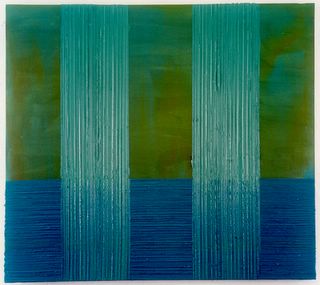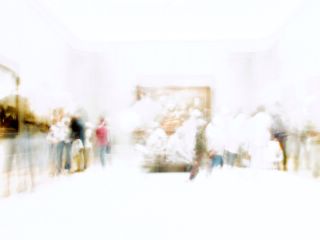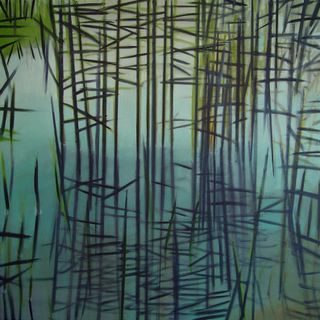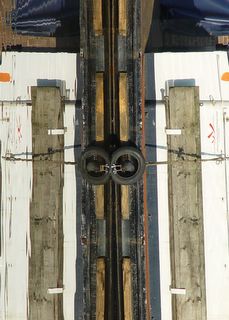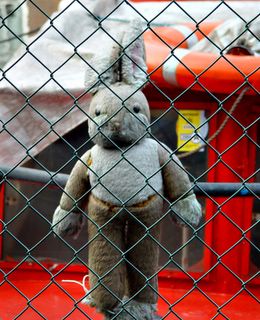An acquaintance once asked me why “there seemed to be be little or no spiritual development/progress in the last 500 years…”
I responded , at the time, that I believed that the human dialogue had shifted to the material/economic/political factors involved in being human. “The spiritual” was relegated to a lower rung on the ladder of human inquiry. Scientific proof being in short supply for spiritual experience, a material society in need of such proofs slowly rejected the notion of “the spiritual” as being of relevance to “progress”.
I contend that the role of spirituality in contemporary society has been sublimated and has fueled the growth of religion over the last 30 years. What religion and spirituality have in common is sometimes hard to discern, but the increase in religious “feeling” seems to coincide with a sense of “spiritual hollowness” that has been often cited as a characteristic of our times. I believe this is an indictment of the materialist world view and does indicate that a deeper yearning , “the spiritual”, is tangible necessity not addressed ( let alone satisfied) by the conditions of contemporary existence.
In short, our situation leaves many of us feeling unfulfilled. Some of us turn to religion, "the old myths", to reinvigorate our lives. Fundamentalism is mania in this regard.
As for the individual who chooses to “head out into the wilderness and make pilgrimage”, spiritual experience often eludes such directed efforts. People seek, but what they find is often as unsatisfying as daily life.
My own experience of "the search for meaning" has led me to realize that the failure to find spiritual meaning as an exterior phenomenon ( revelation) , the inability to engage in an actual “vision quest” stems , to some degree, from expectations about what such an experience would be. Trance experience is often claimed as proof of the power of the spiritual, but trance experience is essentially chemical experience, corporeal, psycho-physical. Furthermore, the extremes of shamanic experience are often drug-induced.
I take this to indicate that the nature of experience itself is the essential source of spiritual meaning. What we define as spiritual experience is what we derive pre-eminently from experience. The commonplace, the quotidian, the daily and mundane are the fountains from which spiritual experience flow.
To be more precise, all spiritual meaning is “contained” in the experience of being/related.
In contemplation(pure relation), in the seeing of a thing for what it is, in its functions, its “place” in the world, we are seeing ourselves revealed as/in wonder of the other. The Other ( long considered a negative , objectifying force in the existential tradition) takes on the relation of agent, empowering my spirit. By reflecting on/relating to the Other, I find myself as wonder and as curiosity, innocence returns with each new inquiry, and that being “becomes” me through my attention and my sensitivity relative to what the Other is.
Spiritual experience is transferred, enhanced as knowledge, knowledge as awareness. Awareness is opening to the other, a half-circuit. Eyes wide opened we seek to understand and understanding opens our eyes wide to the Other. Sympathy/empathy. The spiritual is generally defined as humble, mild, meak but emphatically convincing, certain and true.
When we see ourselves as relation to all that we encounter, the spiritual is present. No universe is possible without the diversity that is manifest as one. The paradoxical reveals the greatest certainty by revealing the dynamic of ignorance that leads us to knowledge.
I want to avoid drifting into esoteric philosophy, though this essay indicates much found in such documents. The observations I offer here are the product of rational inquiry that leads to the threshold of awe and ecstacy. By opening attentively to the experience of daily life, we can experience the force of the spiritual. The complex unity of the world opens to those who seek it out in the most uninteresting places and in its quietest moments. I believe “the spiritual” that I experience because it fills me with hope and its intuitions remain with me as truths about who I am and where I “belong” in this world.
In conclusion, it's possible that the age of revolutionary and prophetic religious ferment has given way, over several hundred years, to an individualized experience of spiritual searching which has as much potential for meaning creation as had messianic myth-making and visions of the hereafter…
